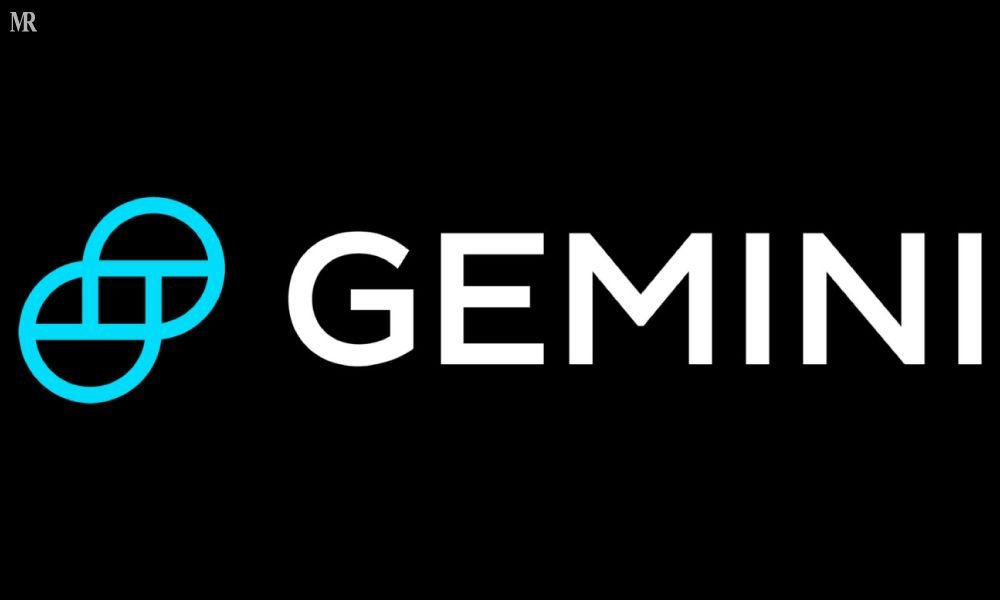On May 31, 2024, DMM Bitcoin, one of Japan’s largest cryptocurrency exchanges, reported a devastating loss of 48 billion yen (approximately $305 million) in Bitcoin (BTC) due to a security breach.
This significant incident revealed the illegal leakage of BTC from a DMM Bitcoin wallet and has prompted the exchange to temporarily suspend several services to address the situation and protect customer assets.
Immediate Response and Assurance
In the wake of the breach, DMM Bitcoin has expressed its commitment to resolving the issue and ensuring the security of its customers’ assets.
A spokesperson for the exchange stated,
“We are committed to addressing the loss and ensuring the security of our customers’ assets.”
The exchange has assured customers that their entire BTC holdings will be fully guaranteed, emphasizing that under Japanese law, crypto assets held by exchanges must be segregated from customer assets, providing an additional layer of protection for users.
Security Measures and Protocols
DMM Bitcoin has a dedicated security page that outlines the extensive precautions taken to safeguard customer assets.
The exchange ensures that Japanese yen deposited by customers is managed separately from the exchange’s funds in a designated account.
In terms of crypto assets, DMM Bitcoin claims to physically segregate its holdings from customer holdings.
The exchange conducts daily audits of customer assets to enhance security and uses cold wallets to store over 95% of customer funds.
Despite these measures, it is suspected that the leaked BTC may have originated from hot wallets and isolated cold wallets.
Detailed Incident Analysis
The incident’s discovery has led to a comprehensive investigation to determine the exact cause and extent of the breach.
Hot wallets, which are connected to the internet to facilitate transactions, are inherently more vulnerable to cyber-attacks compared to cold wallets, which are kept offline.
The breach has highlighted potential weaknesses in the hot wallet security protocols and the need for even more stringent measures to protect these assets.
Customer Compensation
In a blog post addressing the incident, DMM Bitcoin assured affected customers that it would procure the equivalent amount of leaked BTC and guarantee full compensation with the assistance of its group companies.
This move aims to reassure customers and restore confidence in the exchange despite the significant setback.
Regulatory Context and Historical Incidents
The DMM Bitcoin hacking incident is reminiscent of the high-profile 2018 hack of Coincheck, where approximately 58 billion yen worth of NEM was stolen.
Such incidents have historically prompted stricter regulations by Japan’s Financial Services Agency (FSA) and increased focus on security measures within the cryptocurrency exchange industry.
The FSA has implemented stringent regulations requiring exchanges to enhance their security protocols, conduct regular audits, and ensure the segregation of customer assets.
The Importance of Enhanced Security Measures
The DMM Bitcoin security breach underscores the critical importance of stringent security measures in the cryptocurrency exchange industry.
While the exchange has taken immediate steps to mitigate the impact and reassure customers, the incident serves as a stark reminder of the vulnerabilities that exist.
Moving forward, enhanced regulatory oversight and robust security protocols will be essential in safeguarding digital assets and maintaining investor confidence.
Lessons Learned and Future Directions
Strengthening Hot Wallet Security
One of the primary lessons from the DMM Bitcoin breach is the need to strengthen hot wallet security.
While cold wallets provide significant protection, the necessity for hot wallets in day-to-day operations cannot be overlooked.
Implementing advanced encryption, multi-signature authentication, and real-time monitoring can help mitigate the risks associated with hot wallets.
Regular Security Audits and Updates
Regular security audits and updates are crucial in identifying and addressing potential vulnerabilities.
Exchanges must adopt a proactive approach, continually updating their security measures in response to emerging threats.
Engaging third-party security experts to conduct comprehensive audits can provide an additional layer of scrutiny and ensure that the exchange’s security protocols are up-to-date.
Comprehensive Incident Response Plans
Having a comprehensive incident response plan is vital for effectively managing security breaches.
Such plans should include clear protocols for identifying the breach, containing the damage, notifying affected customers, and restoring normal operations.
Regular drills and simulations can help ensure that the response team is prepared to act swiftly and efficiently in the event of a breach.
Customer Education and Awareness
Educating customers about the importance of security and safe practices can also play a crucial role in preventing breaches.
Customers should be encouraged to use strong, unique passwords, enable two-factor authentication, and be vigilant about phishing attempts.
Providing resources and support for customers to enhance their own security practices can complement the exchange’s efforts to protect their assets.
Broader Implications for the Cryptocurrency Industry
The DMM Bitcoin hack has broader implications for the cryptocurrency industry as a whole.
As digital assets become increasingly mainstream, the need for robust security measures and regulatory frameworks becomes more pressing.
The incident highlights the interconnectedness of the industry and the potential ripple effects of a major security breach.
Regulatory Evolution
In response to such incidents, regulatory bodies are likely to continue evolving their frameworks to better protect investors and ensure the integrity of the cryptocurrency markets.
This could include more stringent requirements for exchanges to hold a certain percentage of their assets in cold storage, mandatory insurance policies to cover potential losses, and enhanced transparency and reporting obligations.
Industry Collaboration
Collaboration within the industry can also be instrumental in enhancing security.
Exchanges, regulators, and security firms can work together to share information about emerging threats, best practices, and technological advancements.
Creating industry-wide standards and protocols can help ensure a unified approach to security and build trust among investors.
The DMM Bitcoin security breach serves as a stark reminder of the ongoing challenges and risks associated with the cryptocurrency exchange industry.
While DMM Bitcoin’s immediate response and commitment to compensating affected customers are commendable, the incident underscores the need for continuous improvement in security measures and regulatory oversight.
Moving forward, the cryptocurrency industry must prioritize security, transparency, and customer protection to foster a sustainable and trustworthy market environment.
By learning from past incidents and proactively addressing vulnerabilities, exchanges can better safeguard digital assets and maintain investor confidence in the rapidly evolving world of cryptocurrencies.
ALSO READ: Gate.io: A Leader in Crypto Exchange and Web3 Innovation




